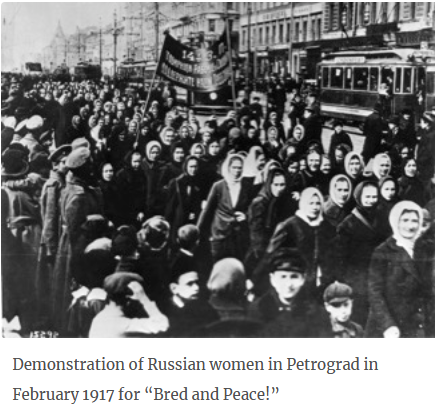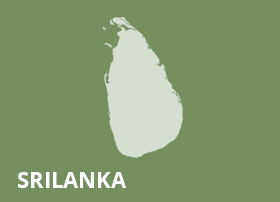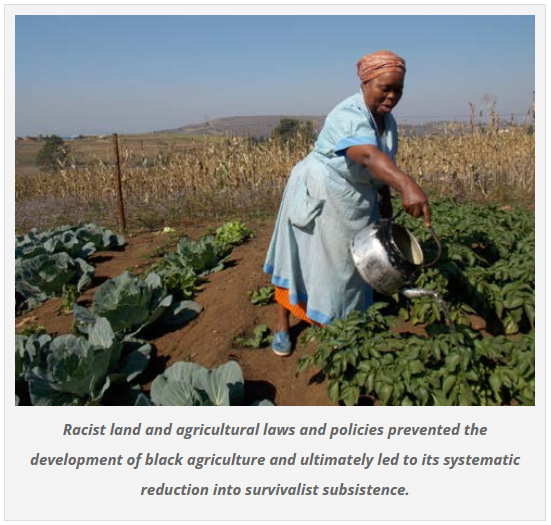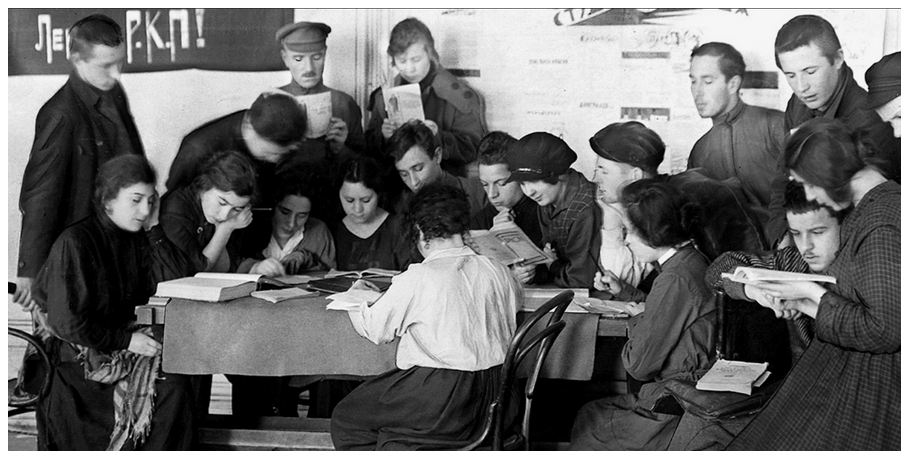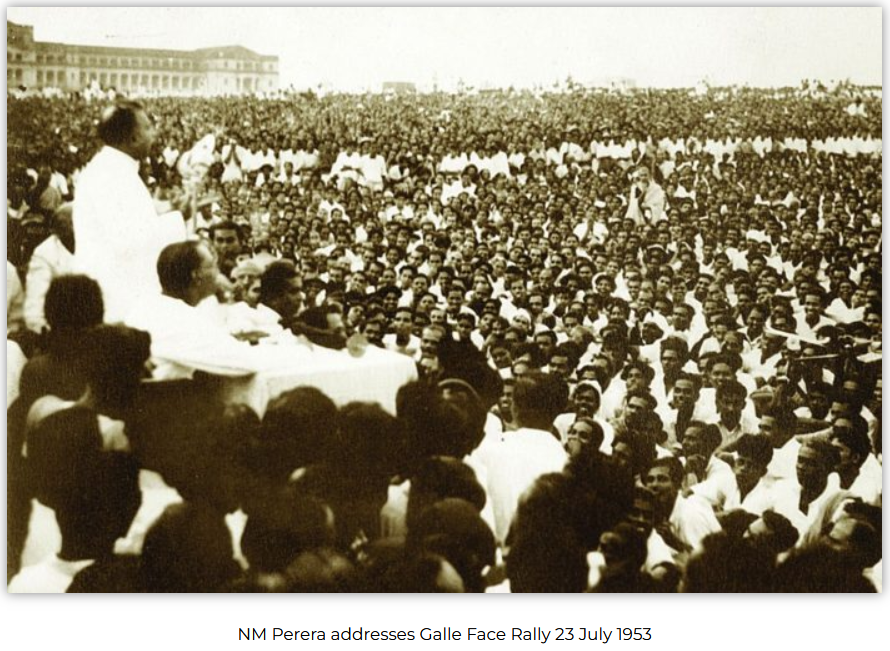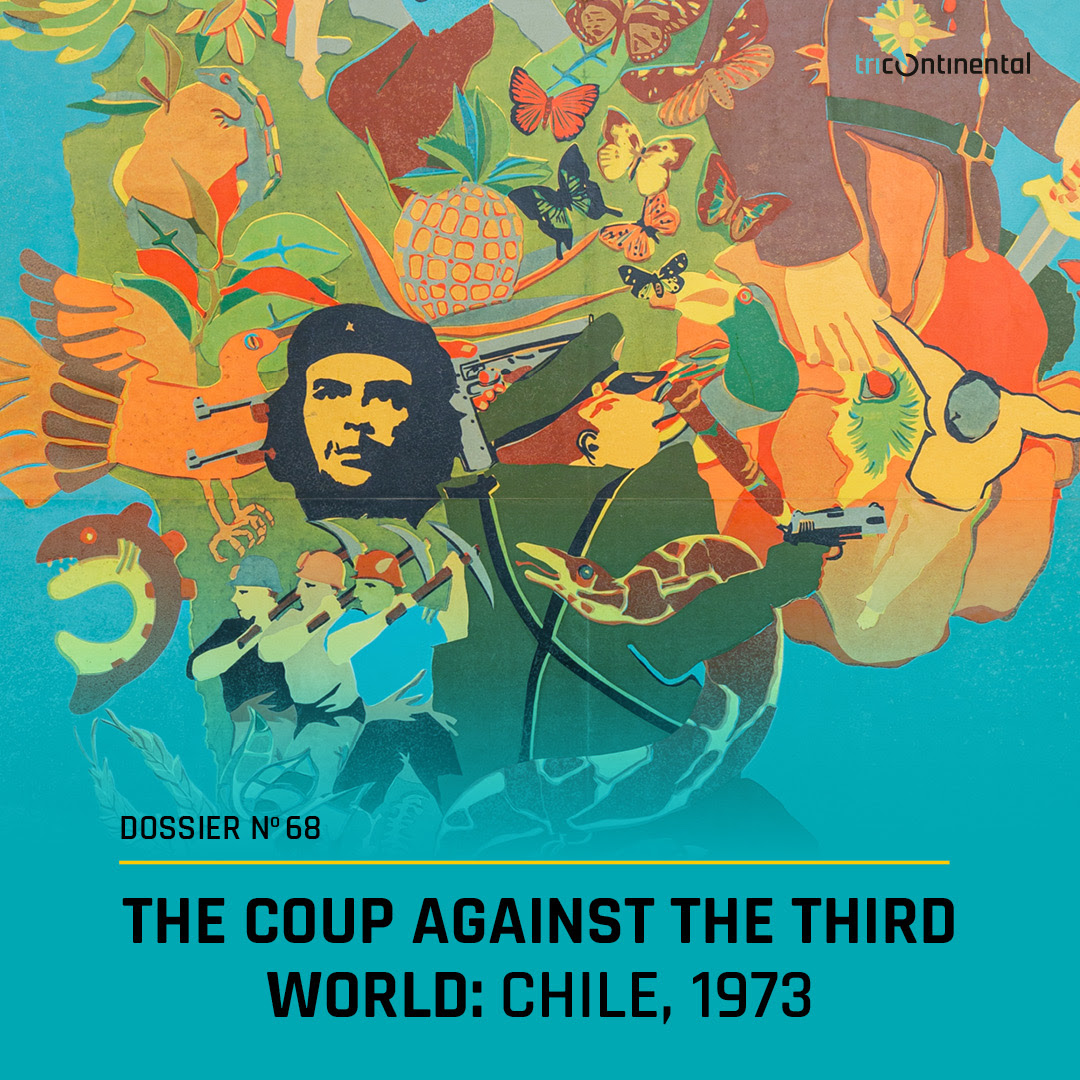09
Mar
International Women's Day (IWD) has its roots in the early 20th century, marked by various events and movements that aimed to advocate for women's rights and address gender inequality. Here's a brief overview of its revolutionary history: Early 20th Century Labor Movements: The first National Woman's Day was observed in the United States on February 28, 1909, organized by the Socialist Party of America in remembrance of the 1908 strike of the International Ladies' Garment Workers' Union, where women protested against poor working conditions. Clara Zetkin's Proposal: In 1910, during the Second International Conference of Working Women held in Copenhagen,…
